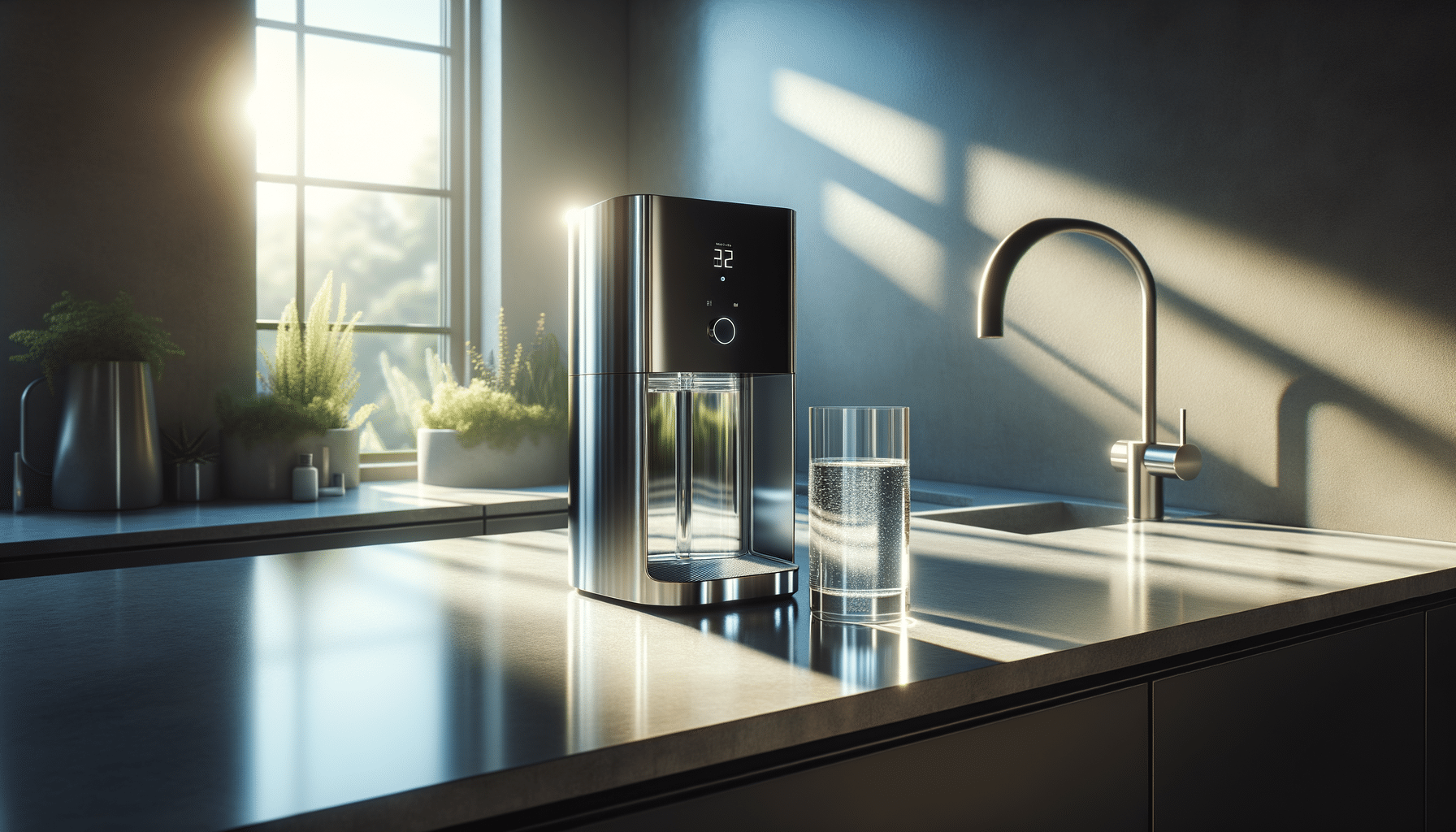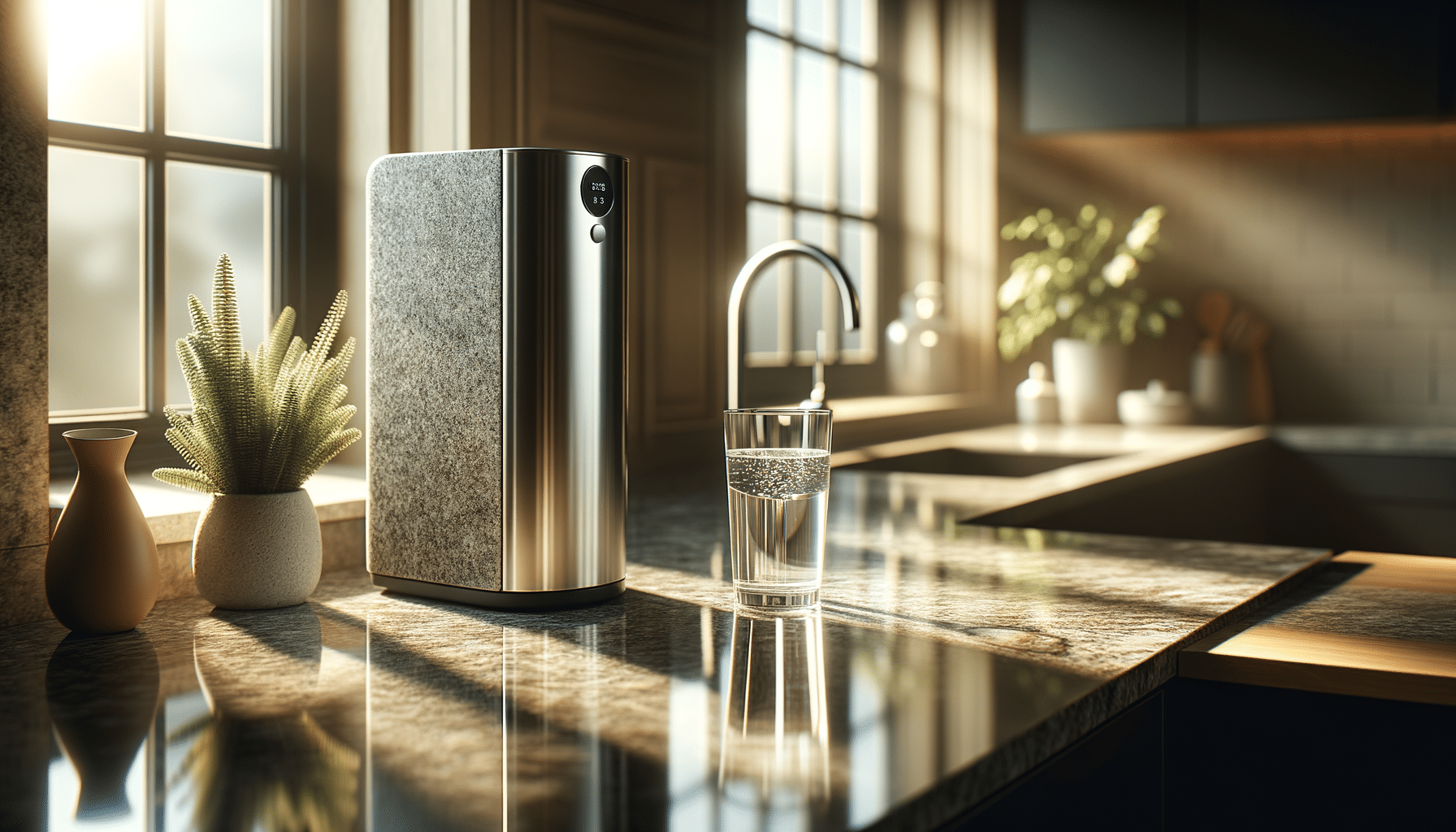
Understanding Water Purifiers: An Essential Guide
The Importance of Water Purification
Water purification is an essential process that ensures the water we consume is free from harmful contaminants. With increasing pollution levels and the presence of industrial waste in water bodies, relying on natural sources for drinking water is no longer safe. Water purifiers serve as a necessary tool in filtering out impurities, making water suitable for consumption. The significance of water purification becomes even more critical in urban areas where water pollution is prevalent due to industrial activities and high population density.
Contaminated water can lead to various health issues, including gastrointestinal infections, reproductive problems, and neurological disorders. According to the World Health Organization, millions of people suffer from diseases caused by unsafe water, making the need for effective purification systems imperative. Water purifiers not only remove physical impurities but also eliminate chemical contaminants and pathogens, ensuring that the water is safe and healthy to drink.
Moreover, purified water enhances the taste and odor of the water, which can be compromised by chlorine and other chemicals used in municipal water treatment processes. By investing in a reliable water purifier, households can ensure a consistent supply of clean, great-tasting water, contributing to overall health and well-being.
Types of Water Purifiers
Water purifiers come in various types, each employing different technologies to remove contaminants. Understanding these types can help consumers make informed decisions based on their specific needs and water quality concerns.
One common type is the reverse osmosis (RO) purifier, which uses a semi-permeable membrane to remove ions, molecules, and larger particles from drinking water. RO purifiers are highly effective in removing dissolved salts, heavy metals, and other impurities, making them suitable for areas with hard water.
Ultraviolet (UV) purifiers use ultraviolet light to kill bacteria and viruses, providing a chemical-free purification method. This type of purifier is ideal for areas where the primary concern is biological contamination.
Activated carbon purifiers are another popular choice, known for their ability to remove chlorine, volatile organic compounds (VOCs), and improve the taste and odor of water. These purifiers are often used in combination with other purification methods to provide comprehensive filtration.
Finally, there are gravity-based purifiers, which do not require electricity and work by filtering water through a combination of sediment and activated carbon filters. These are suitable for areas with intermittent electricity supply and low contamination levels.
Factors to Consider When Choosing a Water Purifier
Selecting the right water purifier involves considering several factors to ensure it meets specific needs and delivers effective purification. One of the primary considerations is the quality of the local water supply. Testing the water for contaminants such as bacteria, heavy metals, and chemicals can guide the choice of purifier that best addresses these issues.
Another important factor is the type of purification technology. For instance, if the water is hard with high levels of dissolved salts, a reverse osmosis system may be the most suitable option. Conversely, if biological contaminants are the main concern, a UV purifier might be more appropriate.
Cost is also a significant consideration, encompassing not only the initial purchase price but also ongoing maintenance and filter replacement costs. It’s essential to evaluate the long-term expenses associated with different purification systems to ensure they fit within the household budget.
Additionally, the capacity and flow rate of the purifier should align with the household’s daily water consumption needs. A larger family may require a system with a higher capacity to ensure an adequate supply of purified water at all times.
Maintenance and Care of Water Purifiers
Proper maintenance is crucial for the efficient operation of water purifiers. Regular upkeep ensures that the purifier continues to deliver clean and safe drinking water. One of the primary maintenance tasks is the timely replacement of filters. Most purifiers use multiple filters, each with a specific lifespan, and replacing them at regular intervals is necessary to maintain purification efficiency.
Cleaning the purifier components is also essential, especially in areas with high sediment levels. Regular cleaning prevents clogging and prolongs the life of the purifier. It’s advisable to follow the manufacturer’s guidelines for cleaning frequency and methods to avoid damaging the unit.
For systems using UV purification, ensuring the UV lamp is functioning correctly is vital. UV lamps generally have a lifespan of about a year, after which they need replacement to ensure effective microbial disinfection.
Additionally, keeping the purifier in a clean and dry environment helps prevent microbial growth and maintains the unit’s longevity. Regular professional servicing can also be beneficial, as technicians can identify and rectify issues that may not be apparent to users.
Environmental Impact of Water Purifiers
While water purifiers are essential for providing safe drinking water, they also have an environmental impact that consumers should consider. One concern is the disposal of used filters, which can contribute to landfill waste. Some manufacturers offer recycling programs for their filters, which can help mitigate this issue.
The energy consumption of certain types of purifiers, such as reverse osmosis systems, can also be a consideration, especially in areas with limited resources. Opting for energy-efficient models and using the system judiciously can help reduce environmental impact.
Moreover, water wastage is a concern with reverse osmosis systems, as they typically produce a certain amount of wastewater for every liter of purified water. Some advanced models come with features that minimize this wastage, making them a more environmentally friendly option.
Overall, while water purifiers provide significant health benefits, being mindful of their environmental footprint and choosing models with sustainable features can contribute to a more eco-friendly lifestyle.


